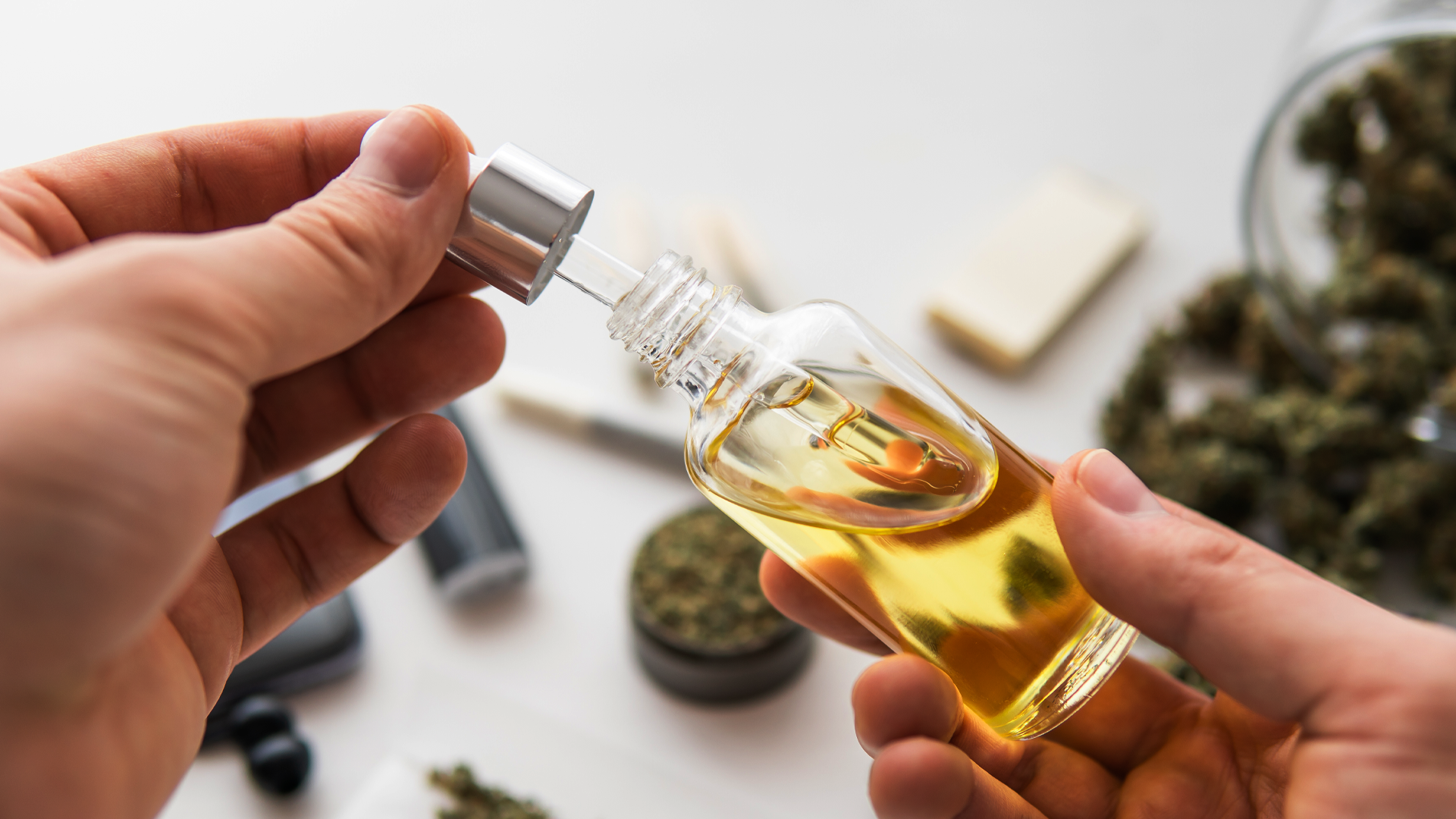

· By Solution Origins
The Science Behind CBD’s Rise
Health & Wellness is an industry ruled by trends. With new products being spotlighted every other week, it is no wonder consumers have become wary about which to incorporate. One product that has defied this cycle is CBD, and the key to its persistence seems to lie in the science. Behind the hype stands an ever-growing list of studies backing the drug as an all-natural way to combat mild to severe illness. However, labels like “miracle drug” often cause more skepticism than excitement. What is the science behind CBD’s remarkable uses, and what could it offer to you?
What is CBD?
CBD, short for cannabidiol, is a compound derived from cannabis. However, CBD products are hemp-derived and restrict another cannabinoid known as THC, which is what’s responsible for marijuana’s psychotropic effects (1). Jeffrey Chen, M.D and Executive Director of the UCLA Cannabis Research Initiative summarized the distinction this way, “Although they’re both cannabinoids found only in the cannabis plant, THC and CBD are opposites in many ways. THC is intoxicating and responsible for the “high” of cannabis, but CBD has no such effect. THC is addictive; CBD is not addictive and even appears to have some anti-addictive effects against compounds like opioids. While THC stimulates the human appetite, CBD does not (2).”
CBD is safe, non-addictive, and all-natural, with few reported side effects. CBD products should not be mistaken as a form of medical marijuana. The two are very different in effect and legality due to the notable lack of THC.
A few of the conditions that could be helped (3) by CBD’s anti-inflammatory and antioxidant properties include:
Rheumatoid Arthritis
Multiple Sclerosis
Systematic Inflammation
Irritable Bowel Syndrome
Anxiety Attacks
Migraines
Neuropathic Pain
Eczema

